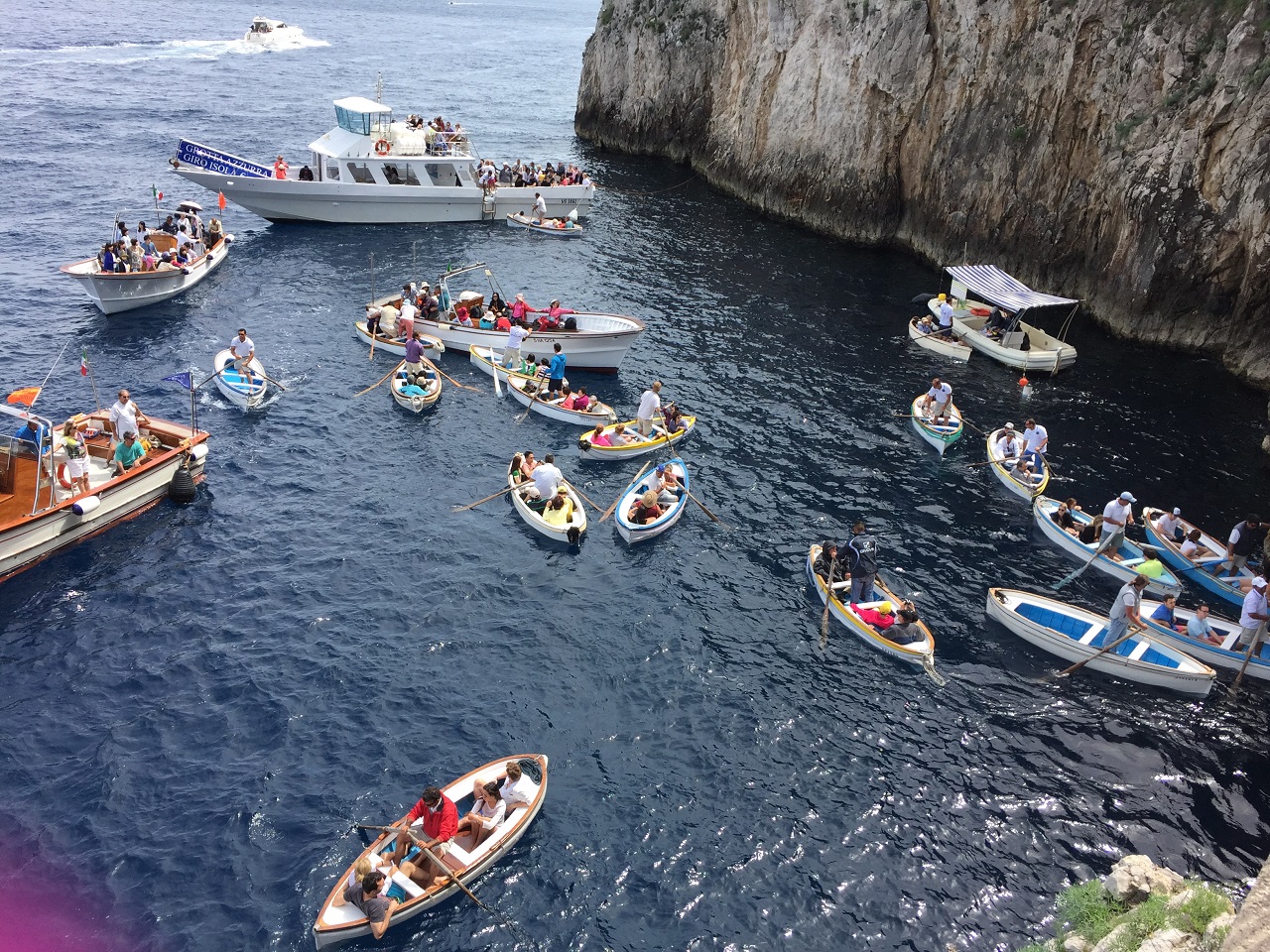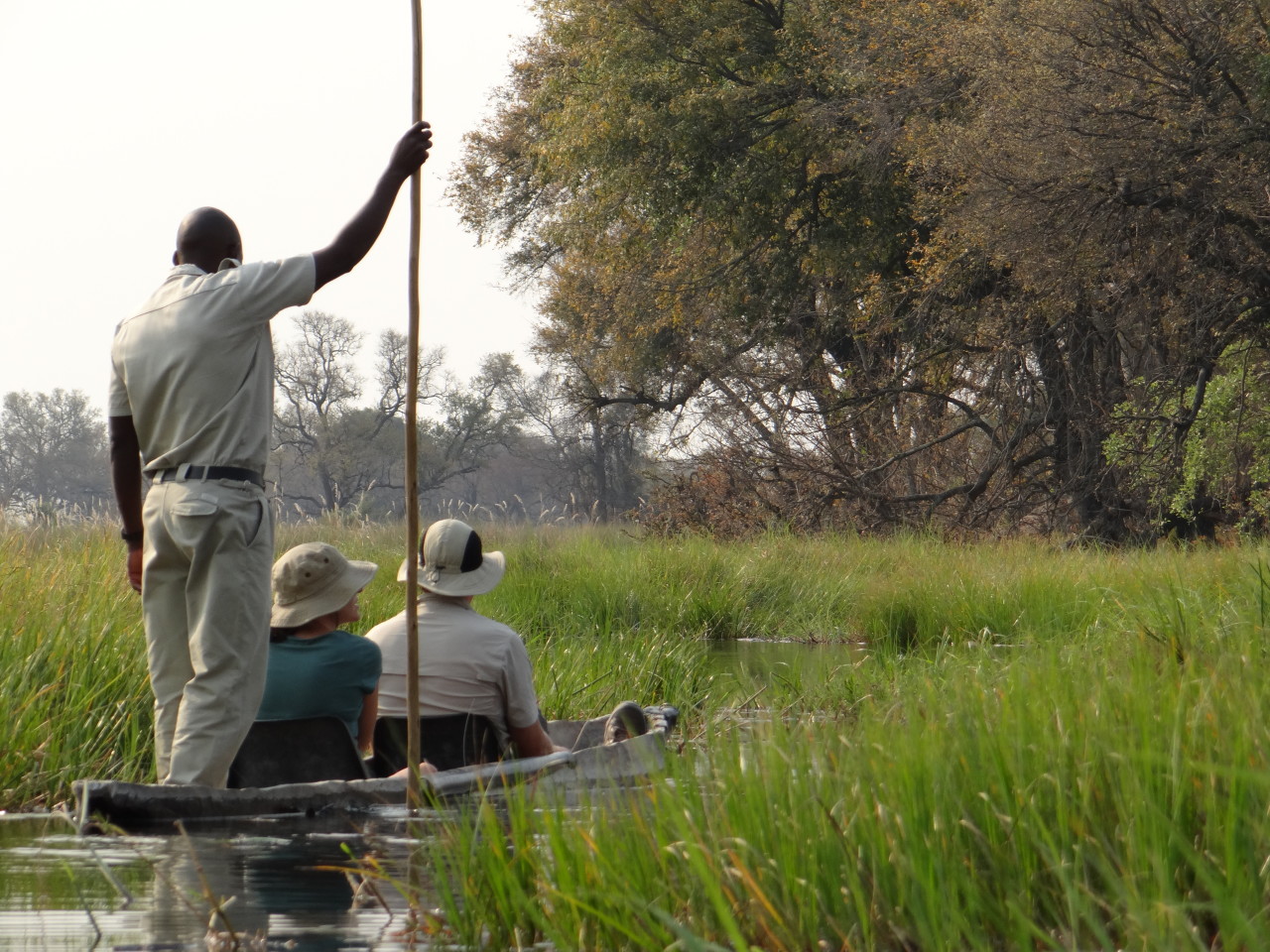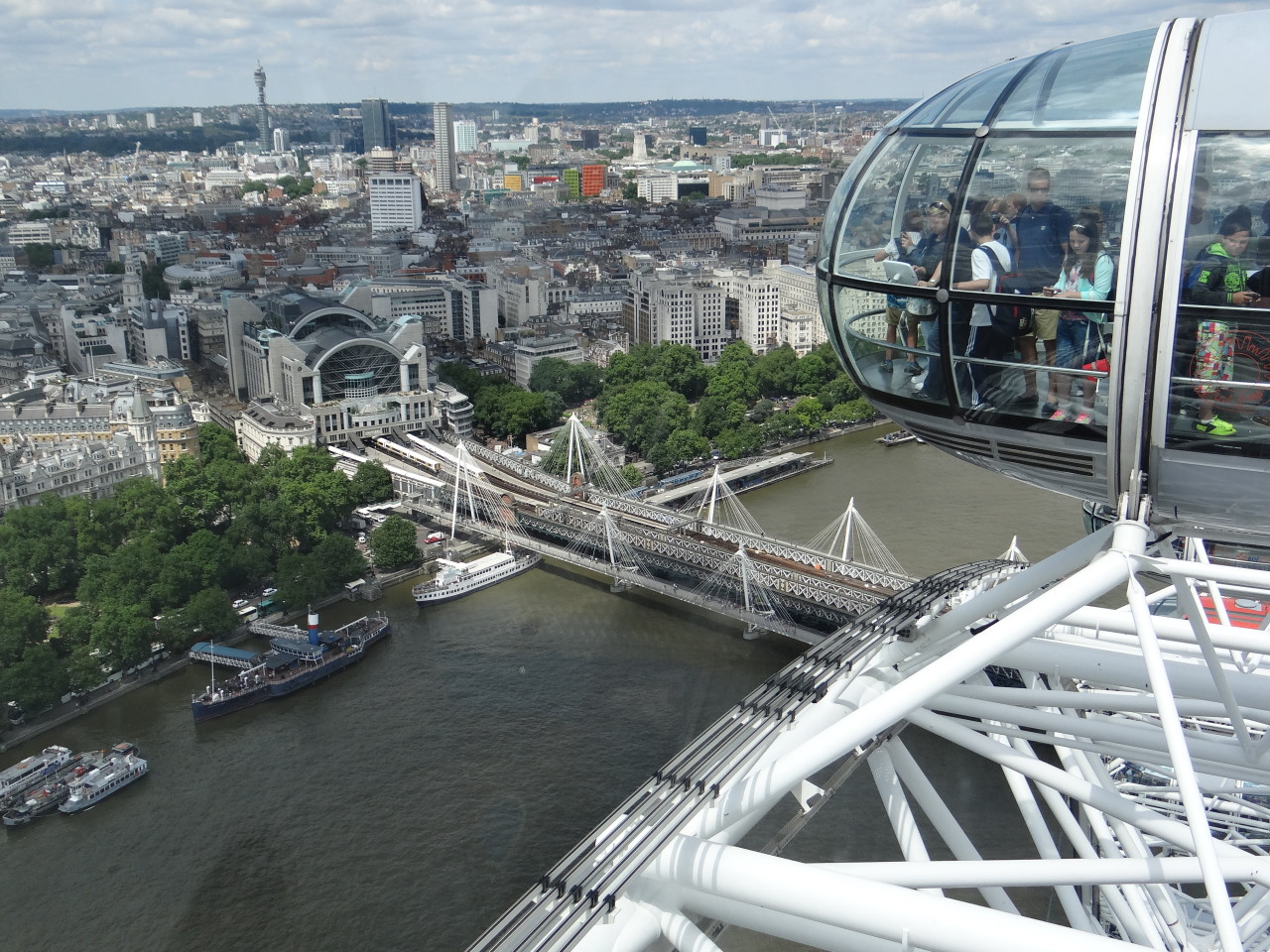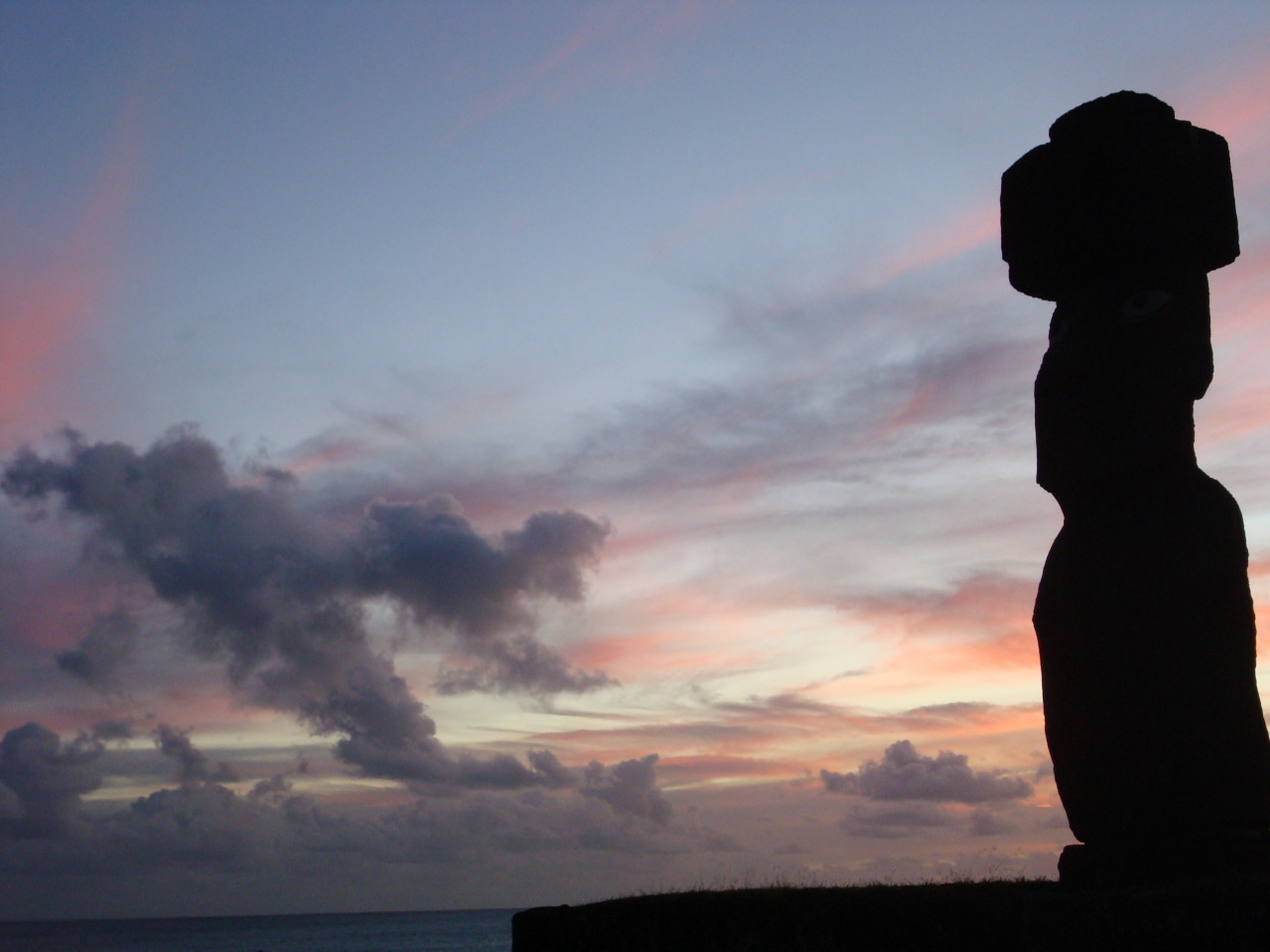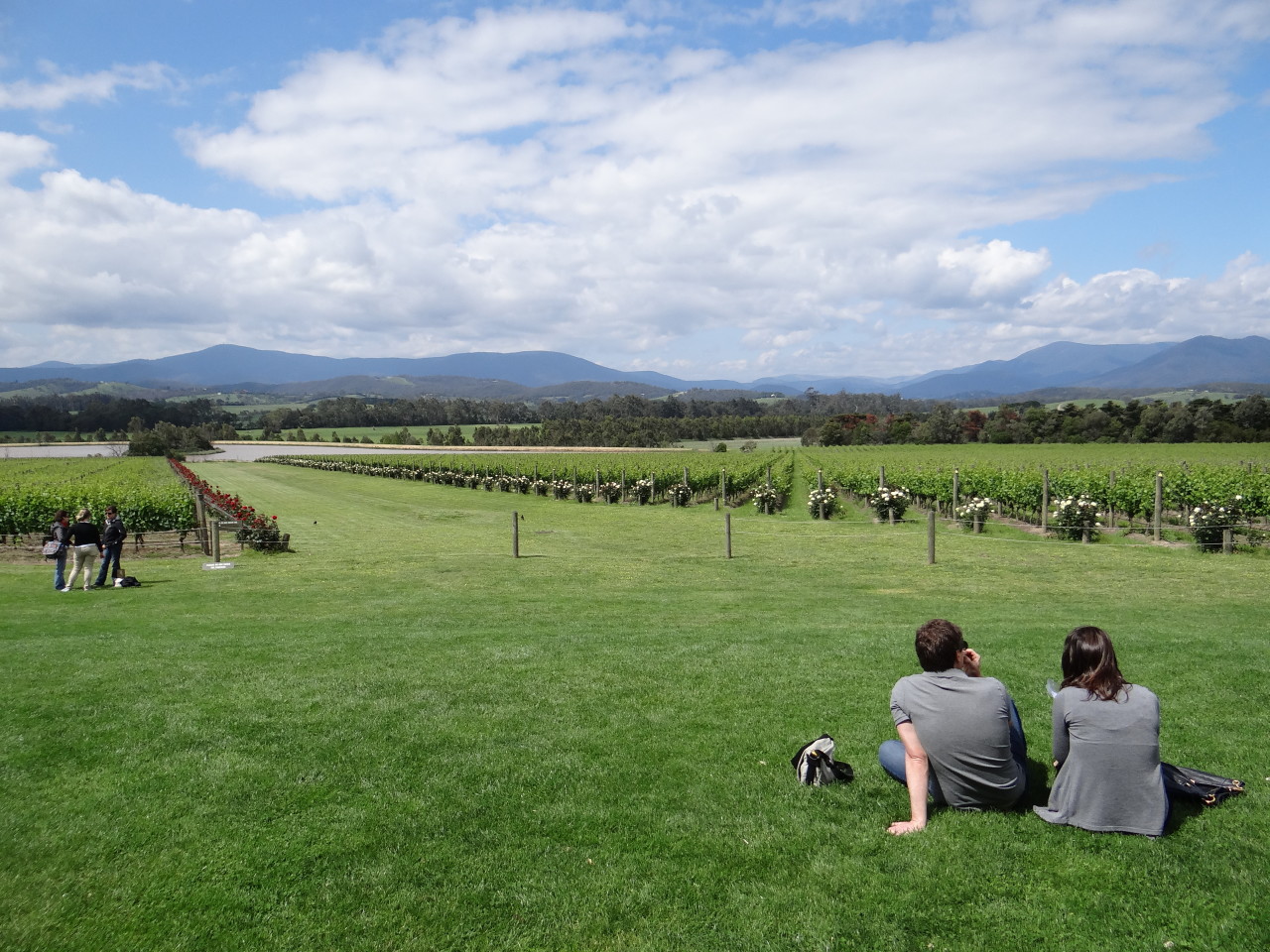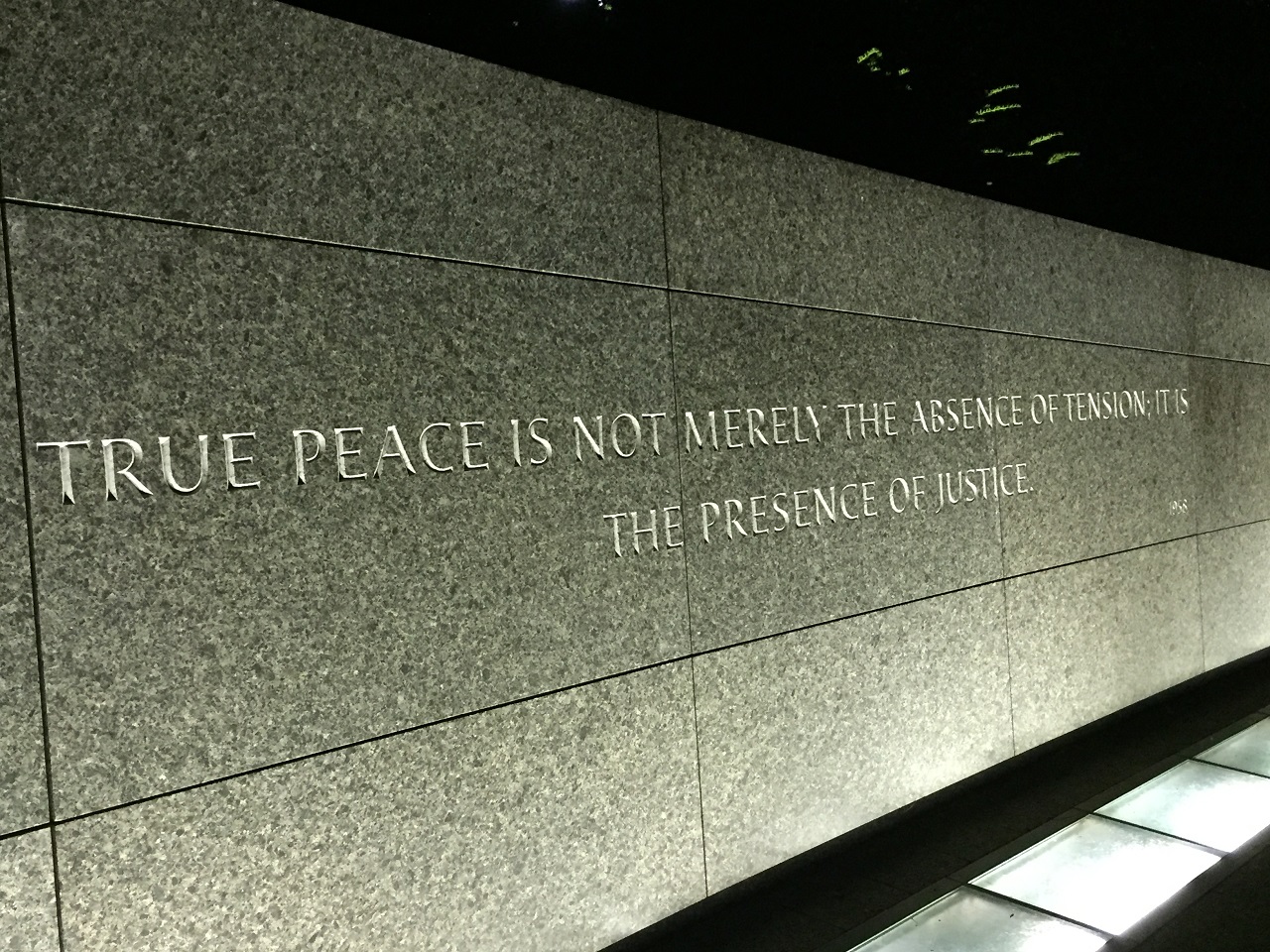
There are some stories that take time to share. My visit to the Martin Luther King Jr. Memorial in Washington, D.C. is one of those stories. At the time of the visit, a few year ago, I was overcome with emotions, sadness and awe. I wasn’t sure what to write as it’s easy to say look at this, that and the other but harder to feel the words onto the page if that makes sense. The visit wasn’t planned on our D.C. weekend per se so I had no idea what to expect. My group of blogger friends had missed the nighttime bus tour of D.C. as dinner ran long due to wine, conversation and dessert. We decided to do our own night tour and started at the Lincoln Memorial after dinner. The group then split up and I joined Sue and Diana (food bloggers at FoodTravelist) to take a walk around the National Mall. We turned into the MLK Memorial which was quiet save a few tourists like us.
“Injustice anywhere is a threat to justice everywhere. We are caught in an inescapable network of mutuality, tied in a single garment of destiny. Whatever affects one directly, affects all indirectly.”
Letter from Birmingham, Alabama jail, April 16, 1963
Visiting the Martin Luther King Jr. Memorial (MLK Memorial DC)
From the National Park Website “the memorial honors Martin Luther King, Jr.’s legacy and the struggle for freedom, equality, and justice. A prominent leader in the modern civil rights movement, Dr. King was a tireless advocate for racial equality, working class, and the oppressed around the world.”
The MLK Memorial is a short walk from the Lincoln Memorial and next to the FDR Memorial. It is free to visit and open 24/7. The newer memorial on the mall has a curved wall with selected quotes from Dr. King’s life. I’m not sure how they decided on just 16 quotes from a life of sermons, speeches, addresses and books. The carved quotes on the wall were lit in such a way that it felt like a sacred place. I felt that you walked into the memorial in a cloud of darkness and each quote allowed a bit of light into your mind to think about your life and the world. Without tourists swarming about as they do in the summer from the many bus tours, we could experience the memorial in our own time and in our own way. I separated from the girls and wandered about drawn in by quotes and thoughts of how far we’ve come (or not) since the quote.

“I have the audacity to believe that peoples everywhere can have three meals a day for their bodies, education and culture for their minds, and dignity, equality, and freedom for their spirits.”
Nobel Peace Prize acceptance speech, Oslo, Norway, 1964
We each experience things differently. We can both stand in the same spot and see and feel differently about the view ahead based on all the experiences we bring with us in our lives. I think the only thing we can all agree on is that the sky is blue on a clear day. One thing I do know is that all of us were solemn and introspective after our visit. People have been marching, protesting and fighting for the rights of equality of all for so long that I believe we take so much of our lives for granted.
In over 50 years, how much closer are we as a society to the dream of “…racial equality” how many working class people feel voiceless and forgotten? How many people are still oppressed around the world? It’s hard not to resonate on society’s gains and losses around the world. Wandering the MLK memorial, reading these quotes brought feelings and memories to the surface.

Childhood Lesson in Racism
One memory I rarely talk about but did share last summer with friends involved my childhood when I opened the door and saw two policemen standing there asking for my father. I was probably ten years old, in the fifth grade. My dad came to the door and I could hear him explain that his friend Mike was invited to dinner and there was no problem. “The problem” was that a nosy neighbor(s) called the police because a black man had parked his nice car outside, walked up the stairs to our front door, rang the bell and was welcomed inside. It was the 1970’s and our neighborhood was working class white union guys. Many men worked for utilities (gas, electric, phone) companies climbing poles and fixing furnaces. We also had a police officer, a detective and a fireman on the block. Add in a few carpenters and construction workers to round the neighborhood off. My mom was the only mom who worked in an office of a local trucking firm. My dad drove a truck.

“The ultimate measure of a man is not where he stands in moments of comfort and convenience, but where he stands at times of challenge and controversy. (on the memorial wall)
(rest of quote) The true neighbor will risk his position, his prestige, and even his life for the welfare of others.” From his 1963 book, Strength to Love
That night my parents had to sit me down to explain why the police showed up and attempt to explain racism. It made no sense to me. We watched television and sports and listened to all kinds of music and comedy. There were many people of different colors. Wasn’t everyone the same? (Ah to be a kid with all the “why?” questions). The funny part is that when my family went to dinner at Mike’s house, he was rich or at least my ten year old self thought he was! He lived in South (New) Jersey in a residential community of massive single homes (this was the first time I saw a big single house with a large backyard, massive front yard (which dad was glad he didn’t have to mow) and a kitchen my mom only wished for. We were the poor white folks from Philly visiting him (spoiler alert! no cops showed up when we arrived). My dad told me and my sister “to behave and not touch anything”. I liked visiting Mike’s house, it was an escape from our bubble, a roadtrip to a different slice of life. We lived in a bubble then. Philadelphia neighborhoods were once populated by ethnicity in my parent’s childhoods (Italian, German, Polish, Jewish neighborhoods and churches/synagogues) and now were mixed only to the extent of jobs/profession.
My dad never figured out which neighbor(s) called the police and Mike never visited again for dinner.
Stone of Hope at MLK Memorial
Dr. King emerges from the Stone of Hope which lies ahead of the mountain of despair– it seems almost a sculpture unfinished and yet it is more powerful in its current finished form. Don’t we all struggle to emerge as our true selves but rarely are we complete. All of our collective experiences and learnings continue to shape us. Dr. King’s fight is unfinished and it seems fitting that his portrait in the stone of hope conveys that. Looking out to the Jefferson Memorial, across the basin, the work is not done.

“Out of the mountain of despair, a stone of hope.” Martin Luther King Jr.
If you walk along the water and enter the MLK Memorial from the Stone of Hope you will see the quotes from Dr. King in the background along with the mountain of despair. How you enter the MLK Memorial as well as when will likely shift your experience. Having entered from the street side, I was able to take in each quote before I turned to the mountain of despair and walked to the stone of hope from the side view. The detail is incredible and with each angle, the weight of the issues that Dr. King worked on enormous. As heavy as the stone.

Tough Conversations
2020 was a dumpster fire – no argument from me, but it brought to the surface racial injustice in the U.S. It brought out people from all walks of life around the world marching for “Black Lives Matter” but also gave a louder voice to racists to voice their grievances and fears. It didn’t matter what bubble (or pod) you lived in, difficult conversations were being had in your circle, at the dinner table and tearing families apart when views were voiced and differences not embraced but shunned. Video evidence was horrifying until it wasn’t because we became numb to it all. If the collective world wasn’t home due to the pandemic, would the reaction(s) have been the same? Tough to know in a world full of information coming at you from all sides. It was awful that loss of life and on video is what the world needed as a call to action. I found myself sharing stories from my life, of my friends, of the barriers to a diverse, equitable and inclusive workforce and society in order to help some people understand. Stories I had kept to myself for too long. Our experiences shape who we are, what we believe and how we navigate the world.

“We must come to see that the end we seek is a society at peace with itself, a society that can live with its conscience.”
Montgomery, Alabama, March 25, 1965
My friends around the world are quite diverse. I’m constantly learning from them. All of this said, I still have lots to learn about being a better ally. To listen, to speak up, to educate, to be and do better. My privilege extends to travel and travel has helped me discover the wonderfulness of the world, its culture and its people. I’ve also seen and experienced the injustices as well. Maybe it’s the world travel, maybe it’s being excluded, and maybe it’s the first knock at the door by the police that has me in a place where I’m sad that the U.S. still has a long way to do to achieving Dr. King’s goals. 10 year old me didn’t understand why people were treated differently when we were all human. Science taught me that we were a bunch of cells. Catholic school taught me to “treat others as you want to be treated” (golden rule).
Travel Lessons
Travel is a privilege, I’m well aware of that every time I board a plane and every time I show my blue American passport. Travel has taught me that we are all essentially seeking the same things no matter our differences – we all want to have a good job to support our families, to have health to live a full life with loved ones and to be loved by friends, family and the community. Sounds simple enough and yet we’ve screwed it up along the way. That’s why visiting the MLK Memorial has been so hard to write about. I was overcome with emotions of sadness and disappointment that the U.S. hasn’t learned to overcome prejudices and hate. We still see the differences in each other.

“If we are to have peace on earth, our loyalties must become ecumenical rather than sectional. Our loyalties must transcend our race, our tribe, our class, and our nation; and this means we must develop a world perspective.”
Christmas sermon, Atlanta, Georgia, 1967
Final Thoughts – Visiting the MLK Memorial
No matter what I write about visiting the MLK Memorial in D.C., it will shaded be MY experience in the world. Right or wrong my life has been shaped with the culmination of my experiences and feelings raised in Philadelphia.
- raised in a union household in a white neighborhood and catholic school
- the first in my family to attend college – as a commuter (two trains) living at home and working weekends
- as a college student working two summer jobs 7 days a week, 60+hrs a week to pay my student loans
- as a waitress working for tips for more than 10 years from high school, college and as 2nd job
- as a hiring manager in finance, creating diverse teams and giving opportunities to neighborhood kids while seeing and experiencing bias and discrimination in the workplace
- as a solo traveler to 50+ countries
- and so much more

“Make a career of humanity. Commit yourself to the noble struggle for equal rights. You will make a better person of yourself, a greater nation of your country, and a finer world to live in.”
March for Integrated Schools, April 18, 1959
That’s why visiting the MLK Memorial will be different for every person. I do hope you take the time to reflect when you visit and see what stories pop up for you. What calls to action can you take in your life, at work, in the community? It’s more than sharing MLK motivational quotes or volunteering once a year on a day of service. The work for equality is all day, everyday and begins with you.
There are so many questions, big scary questions to work on as a society. The painful questions I keep reflecting on are:
- Can we move forward as a society?
- Can we acknowledge the barriers to equality?
- Can we admit the traps and bias set up to disadvantage and oppress people?
- Who profits from dividing us? Their bank account swells from sowing discord, violence and unrest around the world.
- Can we educate folks what their white privilege has afforded them?
- Can we work together to agree and find solutions to a better society for all?
- Can we really achieve Dr. King’s vision in our lifetimes?
- How can I do better to listen and learn?
- How can I educate folks to open doors for those who had no access? how to achieve equity in a world of inequity?
That’s what visiting the MLK Memorial will do – bring uncomfortable conversations to the forefront of your life. We need to be uncomfortable and not retreat behind political soundbites, media narratives and teams fighting against each other. Do the research, do the work, walk in someone else’s shoes and understand how that has shaped their lives. Ask questions and be willing to listen. Remember my 10 year old self thinks “we are all human” first and the adult version thinks the same.

“True peace is not merely the absence of tension; it is the presence of justice.”
Stride Toward Freedom, 1958
